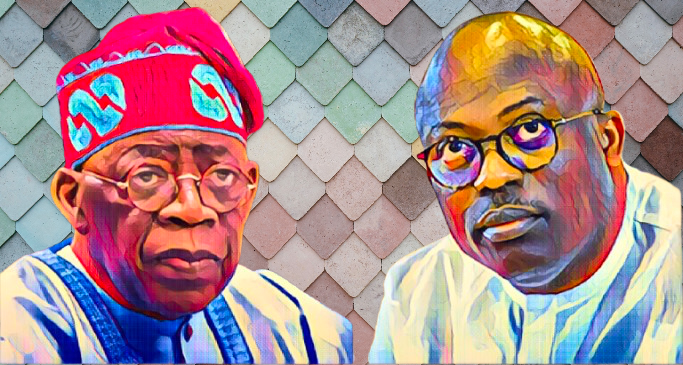KEY POINTS
-
Nigerian labour unions demand President Tinubu revoke Rivers State’s emergency decree and halt tax bills they argue penalize workers while favoring corporations.
-
Protests highlight anger over telecom tariff hikes and stagnant wages, with unions seeking immediate salary reviews tied to inflation (currently 33.2%).
-
The May Day rallies amplified calls for improved security and governance, linking Nigeria’s kidnapping epidemic to systemic political failures.
Nigeria’s organized labour unions have escalated calls for President Bola Tinubu to reverse the controversial suspension of Rivers State’s elected government under Governor Siminalayi Fubara, declared through a state of emergency last week.
The Nigeria Labour Congress (NLC) and Trade Union Congress (TUC) issued the demand during May Day rallies in Abuja, branding the move “an unconstitutional power grab undermining democratic institutions.” NLC President Joe Ajaero warned, “Suppressing dissent under emergency decrees sets dangerous precedents. Workers will resist any erosion of federalism.”
The unions also urged the immediate withdrawal of three tax bills currently before the National Assembly, arguing they disproportionately burden low-income earners while exempting wealthy elites. “These bills were drafted without labour input, shielding corporations and placing austerity on the backs of workers,” said TUC leader Festus Osifo.
According to Channelstv, the proposed laws include a 0.5% cybersecurity levy on electronic transactions and increased VAT on essential goods—measures unions claim could deepen poverty amid 33.2% inflation.
Telecom tariff hikes and wage stagnation ignite nationwide worker fury
Labour further demanded a 30% reduction in recently hiked telecom tariffs, slamming the 50% increase as “exploitative” given Nigeria’s 82 million citizens living below the poverty line.
The Nigerian Communications Commission (NCC) approved the tariff rise in April, citing operational costs, but unions counter that it exacerbates digital exclusion. “How can a nurse earning ₦50,000 monthly afford ₦3,000 daily data bundles?” asked Ajaero.
The protests unfolded against a backdrop of rising insecurity, with labour condemning the federal government’s failure to curb kidnappings and banditry. Over 2,500 Nigerians have been abducted in 2025 alone, per the Armed Conflict Location & Event Data Project (ACLED). Unions linked the crisis to governance failures, demanding “transparent electoral reforms and accountability for security lapses.”
Economic analysts warn the standoff could trigger nationwide strikes. “Labour’s demands intersect with broader public discontent over Tinubu’s reforms, including fuel subsidy removal,” said political economist Dr. Ngozi Okonjo. Last year, similar tensions led to a 10-day strike that paralyzed airports and banks.



